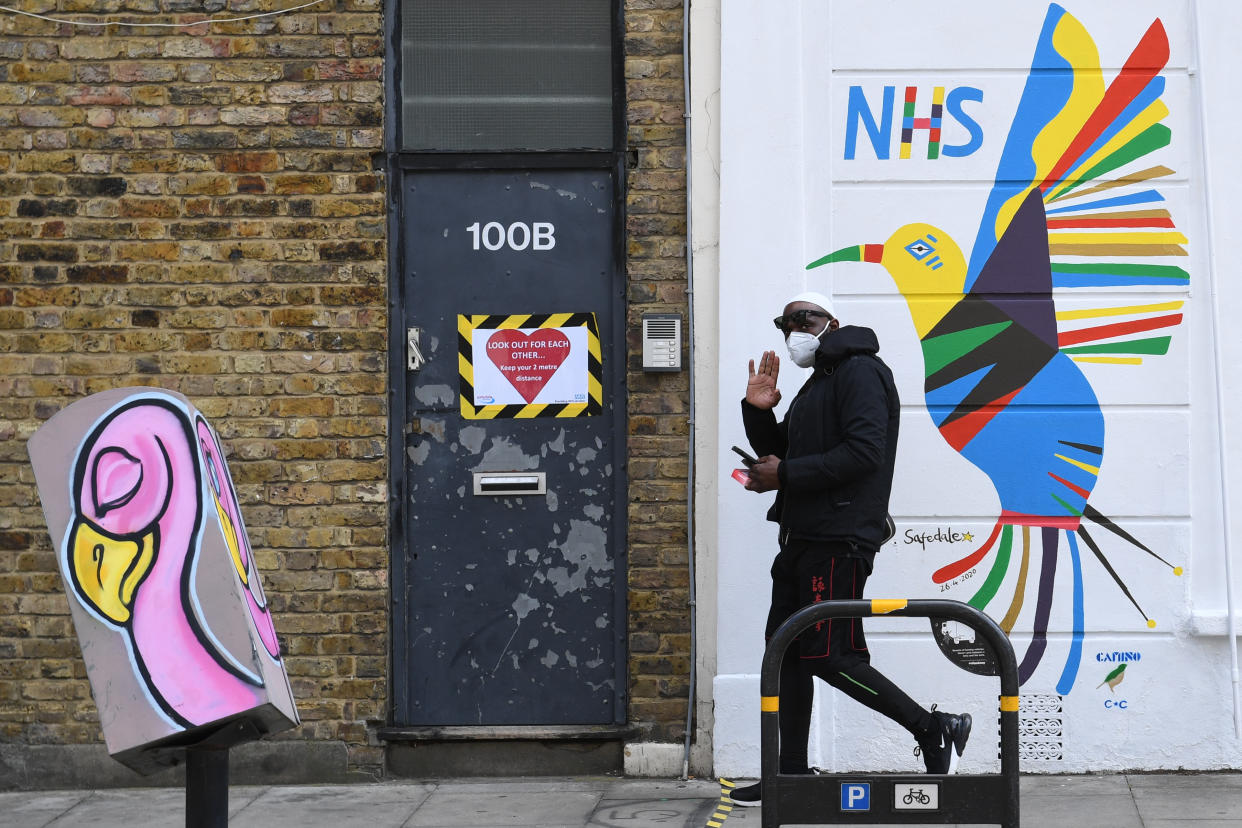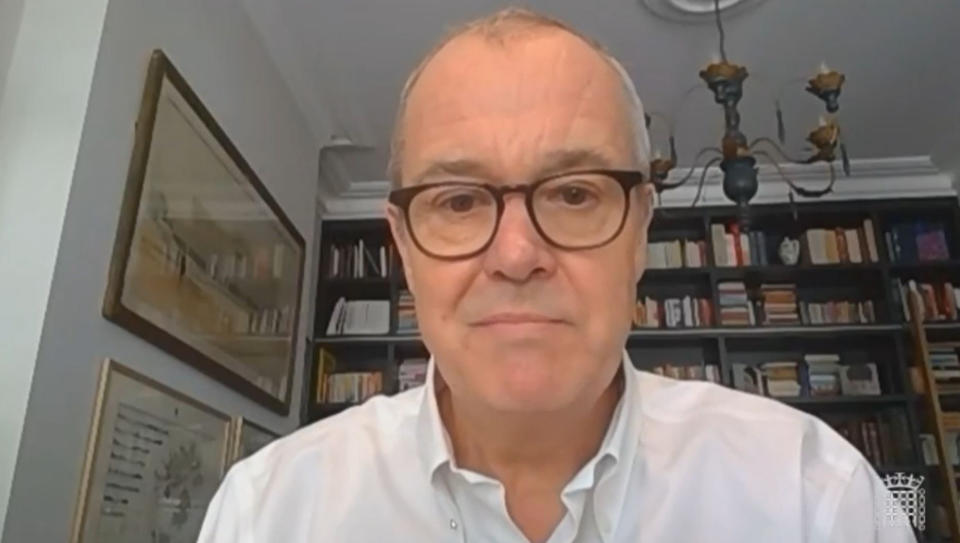Coronavirus lockdown measures should be eased 'very gradually', say government advisers

The UK’s coronavirus lockdown restrictions should be eased “very gradually”, according to the government’s science advisers.
It comes as ministers prepare to decide, by law, on Thursday whether or not to extend social distancing measures.
On Sunday, prime minister Boris Johnson is expected to lay out the government’s “road map” for easing the lockdown.
The government has previously hinted that the two-metre social distancing rule could be relaxed when measures are eased.
Under the “stay at home” measures, people should only go outside for food, health reasons, one form of exercise or work (but only if they cannot work from home). If they do go outside, people should stay two metres away from others.
Johnson and his ministers have repeatedly warned of the dangers of easing the lockdown too soon, with the prime minister saying it risked a “huge loss of life”.
On Tuesday, the government’s Scientific Advisory Group for Emergencies (Sage) group published a number of its documents after calls for greater transparency.
A paper drawn up by the Scientific Pandemic Influenza group on Behaviour (SPI-B), considered by Sage at its 2 April meeting, suggested the abrupt lifting of restrictions may lead to people believing the risk of infection has ceased or significantly reduced.
The paper states: "If there is then an increase in infection rates that necessitates a reintroduction of restrictions this is likely to be seen as a serious failure of policy and trust in public health advice will be lost, leading to lower adherence to advice to restrict or to resume activity.
"To avoid these problems we would advocate trialling easing restrictions very gradually.”
At a meeting shortly before the PM ordered the UK's coronavirus lockdown, scientists warned the previous guidance needed to be toughened up and combined with "hard-hitting emotional messaging".
Latest coronavirus news, updates and advice
Live: Follow all the latest updates from the UK and around the world
Fact-checker: The number of COVID-19 cases in your local area
6 charts and maps that explain how COVID-19 is spreading
At the Sage meeting on 23 March, the day Johnson announced the new policy, a paper drawn up by behavioural science experts said: "The perceived level of personal threat needs to be increased among those who are complacent, using hard-hitting emotional messaging.
"To be effective this must also empower people by making clear the actions they can take to reduce the threat."
Watch the video below
The lockdown decision was taken after Sage was presented with modelling evidence suggesting intensive care units across the country would be swamped.
In earlier advice, some of the scientists suggested publicising the concept of herd immunity to explain why the UK was not imposing social distancing measures in early March.
Chief scientific adviser Sir Patrick Vallance talked about the concept of herd immunity in broadcast interviews on 13 March, but the government later said achieving herd immunity was never a policy.
The documents also revealed that experts suggested workers who have developed COVID-19 antibodies could be given riskier frontline roles by unscrupulous employers.
The release of the documents comes one day after Sage published a list of some of the experts who have been sitting on the group.

Asked about the importance of advice from Sage being published, Sir Patrick said on Tuesday: "I absolutely believe in transparency and openness.”
He said the risk of a second peak of coronavirus is “very real”.
On Monday, Johnson used a Twitter video to warn about the dangers of lifting the lockdown too soon.
We will only be able to move on to the second phase when our five tests have been met. pic.twitter.com/B151LriBsj
— Boris Johnson #StayHomeSaveLives (@BorisJohnson) May 4, 2020
The government has five targets for lifting the restrictions: the NHS must have sufficient capacity; there must be a sustained fall in daily coronavirus deaths; there must be reliable data to show the rate of infection is falling to manageable levels; there must be enough testing and PPE to meet future demand and, finally, there should be no risk of a second peak of infections overwhelming the NHS.

 Yahoo News
Yahoo News 


